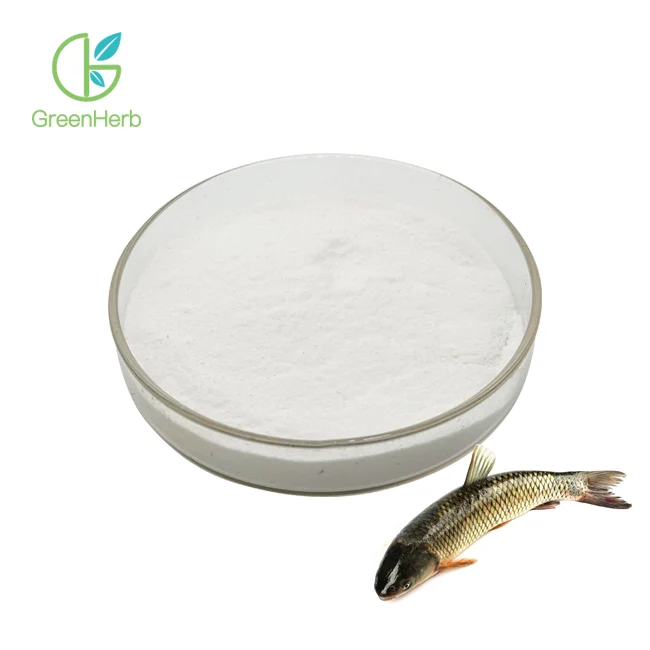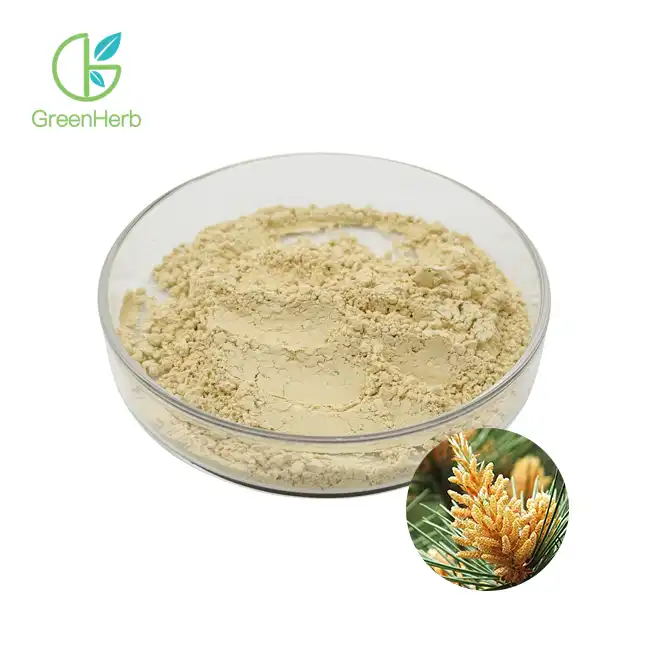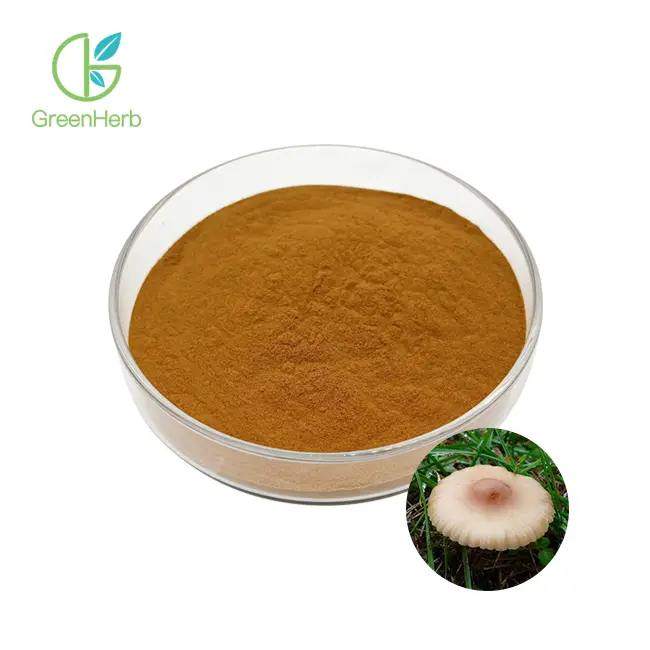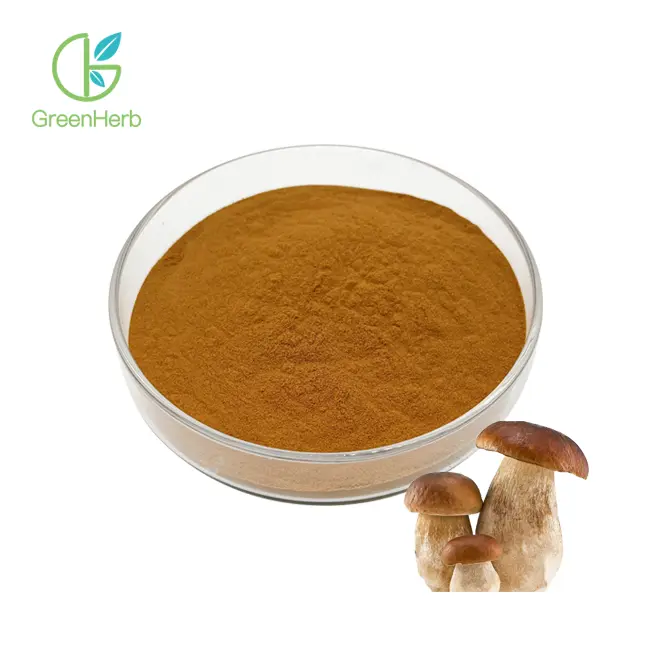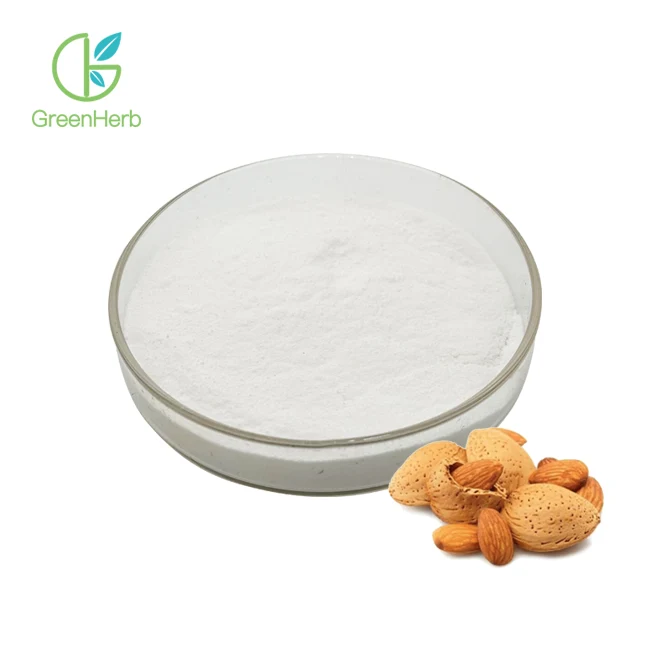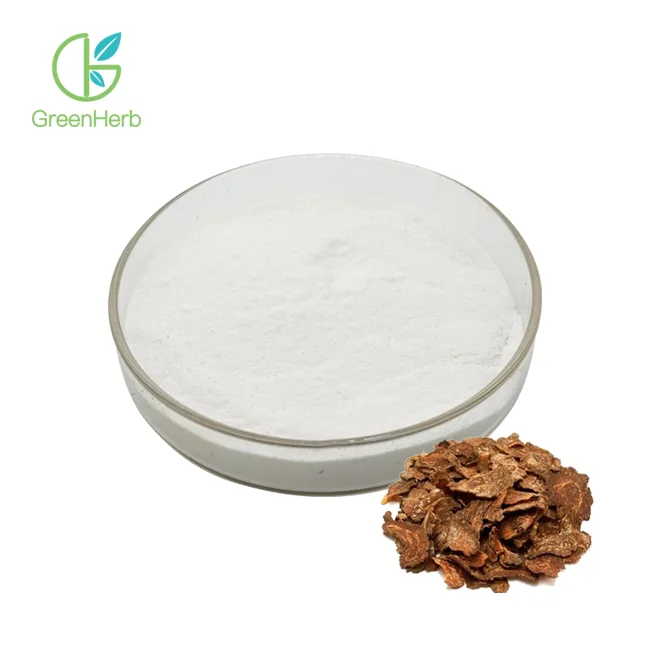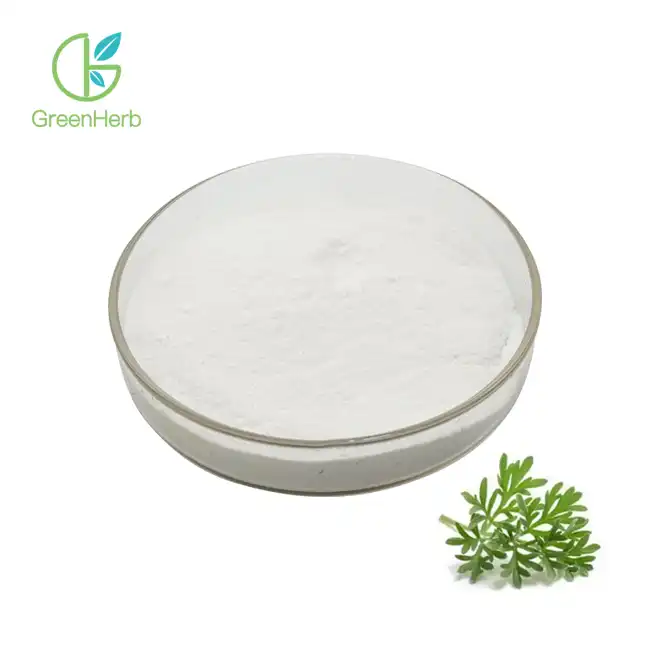- English
- French
- German
- Portuguese
- Spanish
- Russian
- Japanese
- Korean
- Arabic
- Greek
- German
- Turkish
- Italian
- Danish
- Romanian
- Indonesian
- Czech
- Afrikaans
- Swedish
- Polish
- Basque
- Catalan
- Esperanto
- Hindi
- Lao
- Albanian
- Amharic
- Armenian
- Azerbaijani
- Belarusian
- Bengali
- Bosnian
- Bulgarian
- Cebuano
- Chichewa
- Corsican
- Croatian
- Dutch
- Estonian
- Filipino
- Finnish
- Frisian
- Galician
- Georgian
- Gujarati
- Haitian
- Hausa
- Hawaiian
- Hebrew
- Hmong
- Hungarian
- Icelandic
- Igbo
- Javanese
- Kannada
- Kazakh
- Khmer
- Kurdish
- Kyrgyz
- Latin
- Latvian
- Lithuanian
- Luxembou..
- Macedonian
- Malagasy
- Malay
- Malayalam
- Maltese
- Maori
- Marathi
- Mongolian
- Burmese
- Nepali
- Norwegian
- Pashto
- Persian
- Punjabi
- Serbian
- Sesotho
- Sinhala
- Slovak
- Slovenian
- Somali
- Samoan
- Scots Gaelic
- Shona
- Sindhi
- Sundanese
- Swahili
- Tajik
- Tamil
- Telugu
- Thai
- Ukrainian
- Urdu
- Uzbek
- Vietnamese
- Welsh
- Xhosa
- Yiddish
- Yoruba
- Zulu
Are there any side effects or precautions associated with Devil's Claw Root Extract?
Introduction
Devil's Claw Root Extract, derived from the Devil's Claw plant (Harpagophytum procumbens), is a herbal remedy known for its potential health benefits, particularly in easing joint pain and inflammation. While by and large thought to be ok for the vast majority when utilized suitably, there are a precautionary measures and likely secondary effects to know about. How about we dive into a presentation covering these perspectives.
The Extract has been traditionally used for centuries in indigenous African medicine to alleviate various ailments, particularly those related to inflammation and pain. Today, it's conventionally utilized as a dietary improvement to address conditions like osteoarthritis, rheumatoid joint irritation, and general joint disquiet.
Calming Properties: The Root Concentrate contains compounds, for example, harpagosides, that display mitigating impacts. These properties might assist with diminishing irritation in the body, especially in the joints, possibly mitigating torment and firmness related with conditions like joint inflammation.
Pain relieving Impacts: A few investigations recommend that Villain's Paw Root Concentrate might have pain relieving (torment easing) properties, making it valuable for overseeing different sorts of torment, including back torment, muscle agony, and migraines.
Stomach related Help: Customarily, Villain's Paw has likewise been utilized to help stomach related wellbeing. It might assist with mitigating side effects of acid reflux, bulging, and indigestion, albeit more examination is expected to affirm these impacts.
Gastrointestinal Issues: In some individuals, it may cause gastrointestinal upset, including diarrhea, nausea, and stomach discomfort. Taking it with food or a full glass of water may help mitigate these side effects.
Blood Sugar Levels: it may lower blood sugar levels, which could be problematic for individuals with diabetes or those taking medications to regulate blood sugar. Monitoring blood glucose levels closely is advisable, and adjustments to medication dosage may be necessary under the guidance of a healthcare professional.
Bleeding Risk: There's a theoretical risk that it may increase the risk of bleeding, particularly when taken in high doses or combined with blood-thinning medications like warfarin or aspirin. Individuals with bleeding disorders or those scheduled for surgery should exercise caution and consult with a healthcare provider before using Devil's Claw.
Allergic Reactions: Some people may experience allergic reactions to it, especially those with known allergies to plants in the Pedaliaceae family. Symptoms of an allergic reaction may include rash, itching, swelling, or difficulty breathing. Immediate medical attention is necessary if allergic symptoms occur.

Who shouldn't take Devil's Claw?
Before incorporating Devil's Claw Root Extract into your wellness routine, it's crucial to consider whether it's suitable for you, especially if you have certain medical conditions or are taking specific medications. Individuals with a history of gastric ulcers or duodenal ulcers may need to exercise caution when using Devil's Claw, as it can potentially exacerbate these conditions due to its anti-inflammatory properties.
Furthermore, individuals with gallstones or bile duct obstruction should avoid Devil's Claw, as it may stimulate bile production, which could worsen these conditions. Additionally, pregnant or breastfeeding women should consult with their healthcare provider before using Devil's Claw, as there is limited research on its safety during pregnancy and lactation.

Is Devil's Claw bad for kidneys?
One of the concerns surrounding the use of the extract is its potential impact on kidney function. While Devil's Claw is generally considered safe for most people when used appropriately, there is some evidence to suggest that it may have a diuretic effect, meaning it could increase urine production.
For individuals with existing kidney problems or those taking medications that affect kidney function, such as diuretics or certain blood pressure medications, this diuretic effect could potentially worsen kidney function or lead to electrolyte imbalances. Therefore, it's essential for individuals with kidney issues to exercise caution and consult with their healthcare provider before using Devil's Claw.

Can Devil's Claw cause high blood pressure?
Another question that often arises is whether the extract can cause high blood pressure. While Devil's Claw is not typically associated with raising blood pressure, some studies suggest that it may have a mild hypotensive effect, meaning it could lower blood pressure.
For individuals with existing low blood pressure or those taking medications to lower blood pressure, this hypotensive effect could potentially cause blood pressure to drop too low, leading to dizziness, lightheadedness, or fainting. Therefore, individuals with low blood pressure or those taking antihypertensive medications should use Devil's Claw with caution and under the guidance of a healthcare provider.

Conclusion
In conclusion, Devil's Claw Root Extract is a natural remedy that holds promise for managing pain and inflammation. However, like any supplement, it's essential to be aware of the potential side effects and precautions associated with its use. Individuals with certain medical conditions, such as gastric ulcers, gallstones, or kidney problems, should exercise caution when using Devil's Claw and consult with their healthcare provider before incorporating it into their wellness routine.
Additionally, pregnant or breastfeeding women should seek guidance from their healthcare provider before using Devil's Claw. By understanding the potential risks and benefits, individuals can make informed decisions about whether Devil's Claw is right for them.
Contact us
Are you seeking a professional manufacturing partner ? Look no further! We are a trusted supplier with a GMP-certified factory, extensive inventory, and comprehensive certifications. Our services include OEM support, fast delivery, meticulous packaging, and testing support. Let's collaborate to bring your projects to life! Contact us at sales@greenherbbt.com.
References
- National Center for Complementary and Integrative Health. (2016). Devil's Claw. Retrieved from https://www.nccih.nih.gov/health/devils-claw
- European Medicines Agency. (2017). Assessment report on Harpagophytum procumbens DC. and/or Harpagophytum zeyheri Decne., radix. Retrieved from https://www.ema.europa.eu/en/documents/herbal-report/final-assessment-report-harpagophytum-procumbens-dc-andor-harpagophytum-zeyheri-decne-radix_en.pdf
- K. Chrubasik, K. Conradt, E. Black, B. P. Pollak. (2000). The quality of clinical trials with Harpagophytum procumbens. Phytomedicine, 7(Suppl 1), S24-S34. doi:10.1016/s0944-7113(00)80007-0
